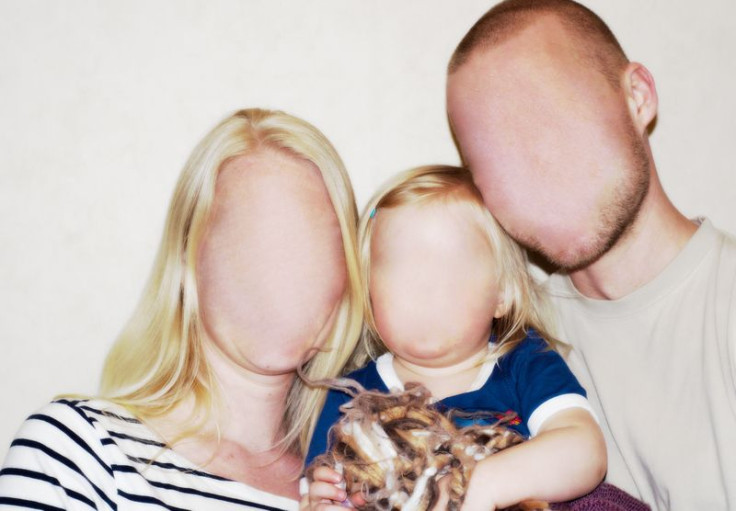Understanding Face-Blindness: A Neuroscience Mystery

Imagine looking in a mirror and seeing a stranger where you're standing until a moment later, when you realize that the stranger is you.
This is a daily reality for Heather Sellers. She has prosopagnosia, also known as face blindness.
"I can't remember any image of the human face," she told NewScientist for their column Mindscapes. "It's simply not special to me. I don't process them like I do a car or a dog. It's not a visual problem, it's a perception problem."
In England, where NewScientist is published, it is estimated that around 2.5 percent of the population has prosopagnosia. It is a hard condition, however, to keep track of as most people fail to realize they have it. Doctors diagnosed Sellers with anxiety when she was younger.
Seeing the world differently than most people, Sellers uses cues other than the face to recognize individuals.
"In many ways it's a subtle disorder," she said. "It's easy for your brain to compensate because there are so many other things you can use to identify a person: hair color, gait or certain clothes. But meet that person out of context and it's socially devastating."
This problem has arisen numerous times. When Sellers was younger, she lost her mother at a grocery store. After finding each other with the help of staff members, Sellers was still confused because she couldn't initially recognize her mother. On another occasion, she went up to a man and put her arm around him thinking he was her partner.
"A few times I have been in a crowded elevator with mirrors all around and a woman will move, and I will go to get out the way and then realize 'oh that woman is me.'"
When Sellers was 36, she realized she had prosopagnosia while reading a psychology book. She contacted Harvard neuroscientist Brad Duchaine, who diagnosed her with one of the three worst cases he had ever seen.
Duchaine was among a team trying to understand the condition. They presented 12 participants with a series of famous and non-famous people. They found that of the 12 participants, only six participants' brains became stimulated in the area responsible for stored visual memory when they saw the famous faces, but another part of the brain responsible for a later stage of processing couldn't be stimulated.
"There may be training where we give people feedback and say 'look you recognize that face even though you're not aware of it,'" Duchaine said, but it seems prosopagnosia will continue to remain a mystery.



























